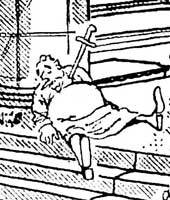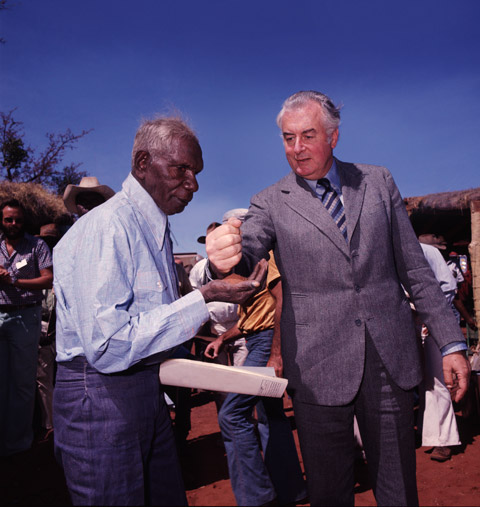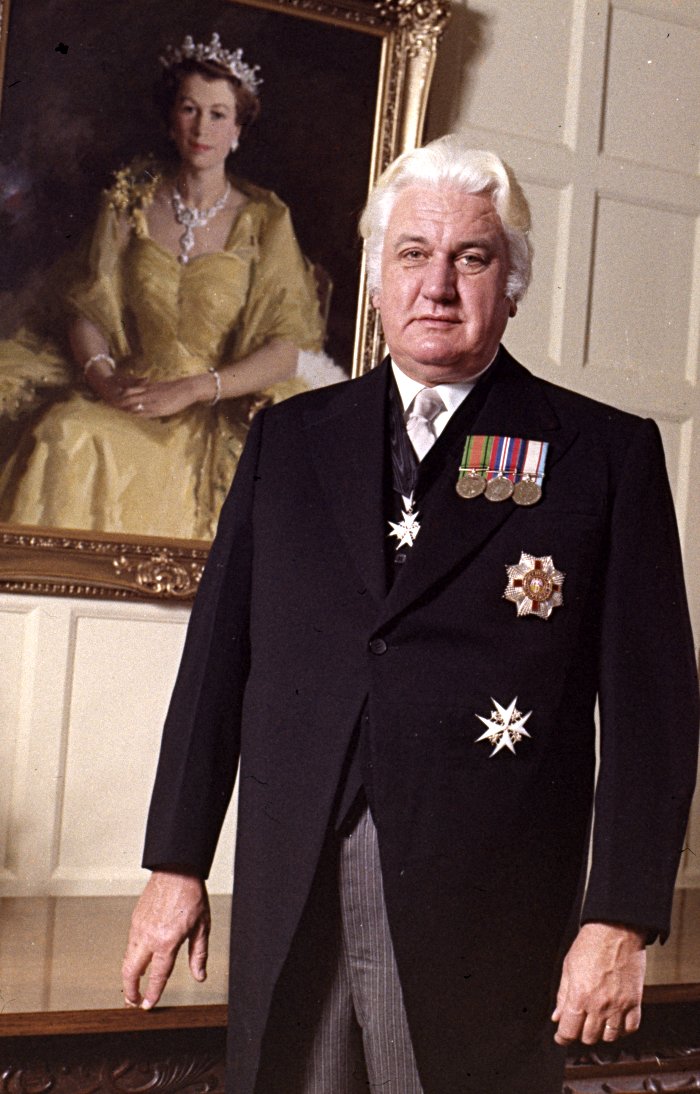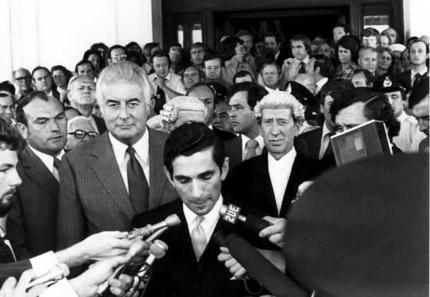|
You will be expected to be able to answer questions about: ?The policies of Gough Whitlam and their impact on the Australian people. ?The background to and events and impact of the Dismissal.
1. a) Read the
following web page: The
Story in Brief...(Quick Introduction...) c) Design a mind map of the social reforms the Whitlam Government brought in for the Australian people during his three years in government. Draw a coloured mind map or use Bubbl.us and print your fun, professional looking mind map and paste it in your book
Then on a new page in your book put the heading The Whitlam Era. Under this heading write out a list of the policies and laws that Whitlam introduced or started in Australia. 2. What people and groups of people in Australia do you think would have been helped by these laws and policies? 3. Draw up a list of the criticisms and problems that Whitlam and his government had to content with with during his years in office. Use the key words from this question when researching this topic. 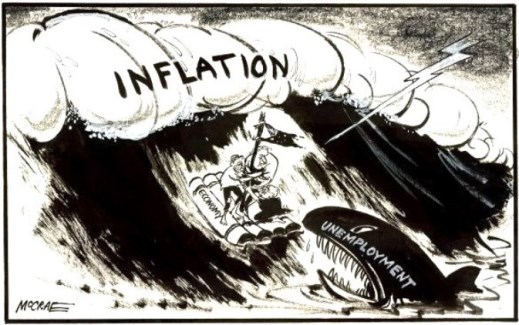 Can't you think of anythin except 'sink or swim'? 4.What concers for the Whitlam government is this above cartoon
highlighting? 6. From the information at the bottom of this page, what have
been the effects of the Dismissal on the politics and government of
Australia.
*****This site tells you about what was happening in the Women's
movement at the time and Whitlam's support his period in office. 8. *****Whitlam government introduced paid maternity leave for public servants in 1973 (Public servants are any people who work for the government or one of the government departments.) But this was not extended to the rest of women in society. Why not? Conduct your own research and make a few points in your book. *****1972 ushered in the Whitlam era, which, in the following year, saw the establishment of the Australia Council and the instigation of a system of support for artists and cultural institutions with emphasis on diversity, equity, and importantly, gender balance. Listen to all or some of the eulogy given by Cate Blanchett at the funeral of Gough Whitlam.
9. Record
the above point and a few points made by Cate Blanchet. Whitlam had made tertiary education free.... ******The Whitlam mandate [permission by the people to rule as PM] made a difference. People forget the disabilities of women, some of which are still not eliminated, before Whitlam, but those active in the women’s movement recall how much the legislative program altered the whole outlook for women, on equal opportunity, on equal pay, on no-fault divorce, on support for women’s initiatives, as recalled by Elizabeth Evatt, Elizabeth Reid, Carmen Lawrence, and Marian Sawer in the Hocking and Lewis collection. The world changed for Aborigines, too, as Sean Brennan and Jocelyn Scutt detail. It changed for education (Simon Marginson), for health (Gwen Gray), for fair representation (George Williams) and for human rights (Angela Ward). (By Graham Maddox, University of New England , from http://www.australianreview.net/digest/2004/08/maddox.html ) *******What has been the the impact or effect of the dismissal:
The Liberal Party said the holding of an
election could not be against democracy. The system of government
had come to a stalemate and the governor-general let the people
decide who should rule. Fraser won the election in a landslide. The
people had not liked his tactics, but when they had a chance to pass
judgement on Whitlam, they took it. For the Labor Party and all who
supported and sympathized with it, constitutional reform became a
top priority. The Senate's power to block a budget must be removed.
The power of the governor-general must be curbed. A movement called
Citizens for Democracy held huge rallies in Sydney.... But were there any changes brought in?? Constitutionally, there has been no change to the powers of
the Senate or the Governor-General since 1975. A referendum
sponsored by Fraser, and supported by Whitlam's Labor Party,
requiring State Parliaments to appoint senators from the same party
to casual vacancies, was carried in 1977, as was a referendum
requiring High Court judges to retire at 70.
Later interview with John Kerr |

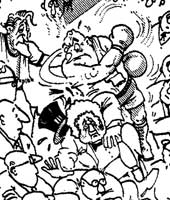
 Whitlam
Whitlam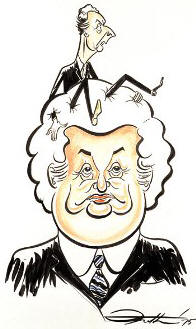
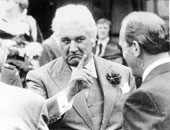
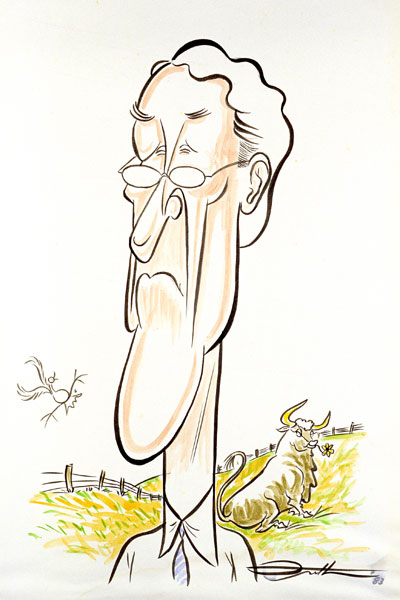

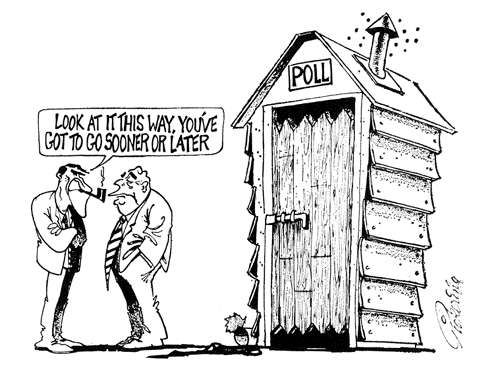 Cartoon
by Larry Pickering.
Cartoon
by Larry Pickering.
